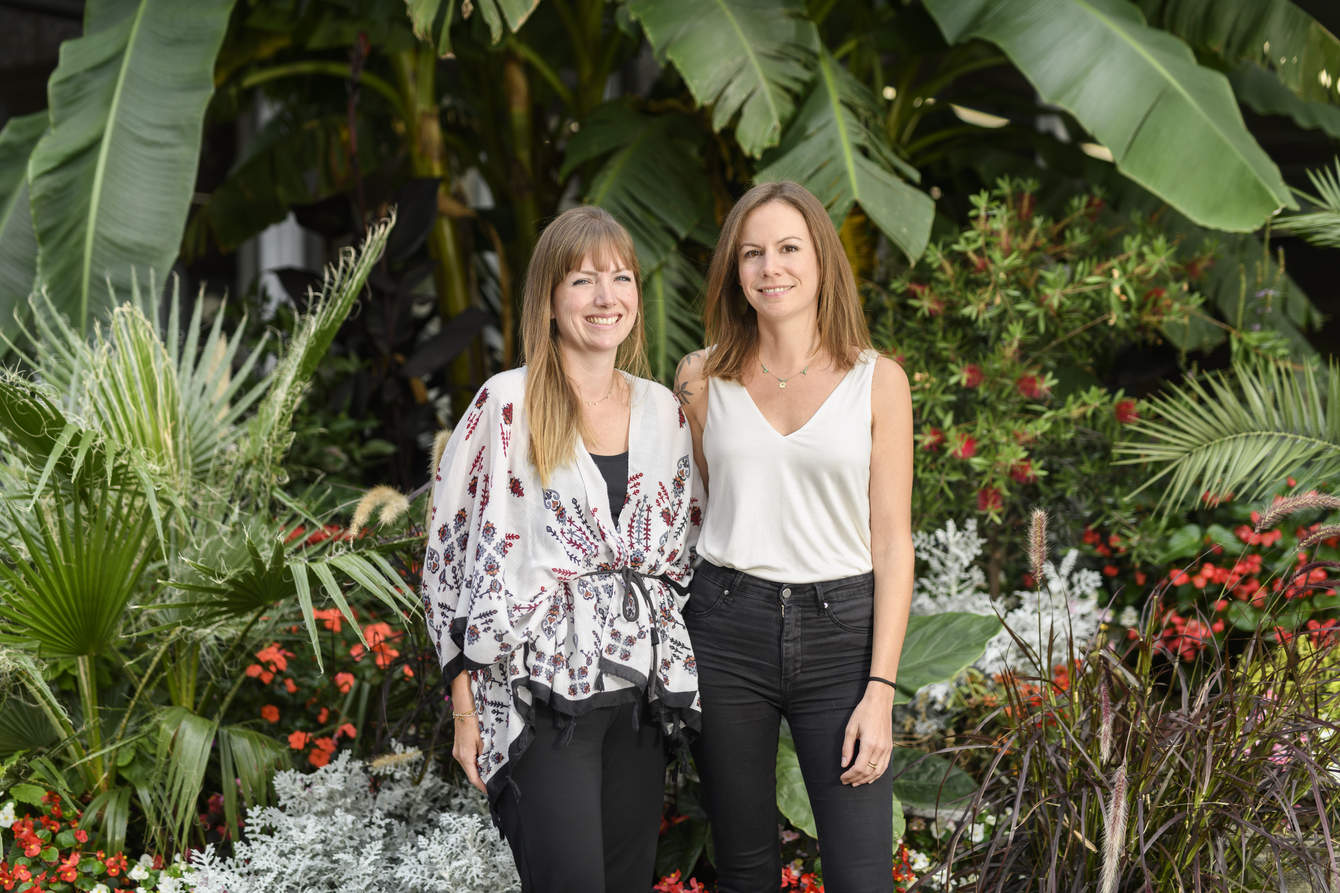Death Bureau: supporting those who remain
Publié il y a 2 ans
24.08.2024
Partager

The hospital, this place where lives are born and saved. This place, too, where death comes on a daily basis. Indeed, the CHUV reports between 1000 and 1200 deaths per year. A reality with which the medical profession is confronted, on one side, and the relatives, on the other. Between the two is the Death Bureau. A unique entity in French-speaking Switzerland, attached to the Reception and Admissions Unit, which was set up 20 years ago. Its mission? Work as an administrative liaison between the various care services, the Lausanne Funeral Service, the mortuary chapel, the Civil Status Service or even the funeral directors and the families of the deceased. The bureau also manages the processing of medical certificates of death, namely the identity document of the deceased.
“As soon as the doctors pronounce a death, we may be asked to intervene with the family. Since we do not have access to the medical file, our only available information is the cause of death. Knowing whether it is natural or not, or even undetermined, can guide the care of loved ones. We explain to them the steps they need to follow for the organisation of a funeral or the repatriation of a body, for example. Subsequently, we return the deceased’s belongings to the family. As for valuables, they are sent to the Justice of Peace. In some cases, we may redirect relatives to the Mediation Space if there is a grievance," explain Natacha Zaugg and Élodie Paschoud, partners in crime. They form the cheerful duo that has worked in this office for four years.
While the administrative work holds a predominant place in their work, Élodie and Natacha make it a point of honour to take care of the reception of the bereaved, who often feel the need to confide their pain or share a happy memory. "Our profession is very demanding, humanly speaking, and requires a great deal of open-mindedness, an ability to listen and empathise, but in the right way. Of course we feel a person’s sadness, but it is not ours," the two women emphasise with one voice, united in the private sector by a friendship of more than fifteen years which started at the admissions of the Emergency Department of the CHUV and which undoubtedly feeds on the gentle atmosphere that reigns in the Death Bureau.
Sharing one’s wishes
“Has their vision of death changed since the two young women have been around it every day? “I, for one, have considerably evolved in my own beliefs thanks to an important work of introspection and questioning on this journey. Today, I am much more anchored and serene, it is a great help for the accompaniments,” confides Natacha. When she became a mother, Élodie feared for a time that she would no longer be able to cope with “all those little souls” who leave the CHUV. “But the contact with people and being able to be by the side of grieving families is so important. I know that I belong. And we complete each other, with Natacha. If she feels that it’s hard for me, she takes over and vice versa. Our work allows us to cherish all the more our families and those around us. We have the greatest job at the CHUV.”
A nice snub to the taboo that still weighs on death in Swiss culture, but also within the hospital, as the two managers observe every day. “It’s only been two years since a sign was installed for the Death Bureau. Before that, it was called ‘Secretariat 2’. Even within the institution, few people know where to find us, or even know that we exist. We are available to pick up the slack.” Michel Beauverd, Assistant doctor in the Palliative Care Service, regularly calls upon the Death Bureau, which he considers a valuable and unique resource. “Élodie and Natacha have always been able to answer administrative questions that we are not able to handle, such as the paperwork to be completed in case of repatriation of the body. It is a relief for us to know that support is offered to relatives in this complicated period, administratively, but also humanly speaking.”
A piece of advice to make life easier for those who stay? "Communicate your wishes," insists the Death Bureau. “It is not uncommon for families to find themselves surprised by the disappearance of a loved one and experience a sense of guilt: what would he or she have desired for their funeral? Where to scatter their ashes? What to do with their personal belongings? We regularly invite those around us to think about what they would like and share it with their loved ones.” With a smile on their face, Élodie and Natacha like to imagine their respective funerals under the sign of light and joy. In their own image. /

